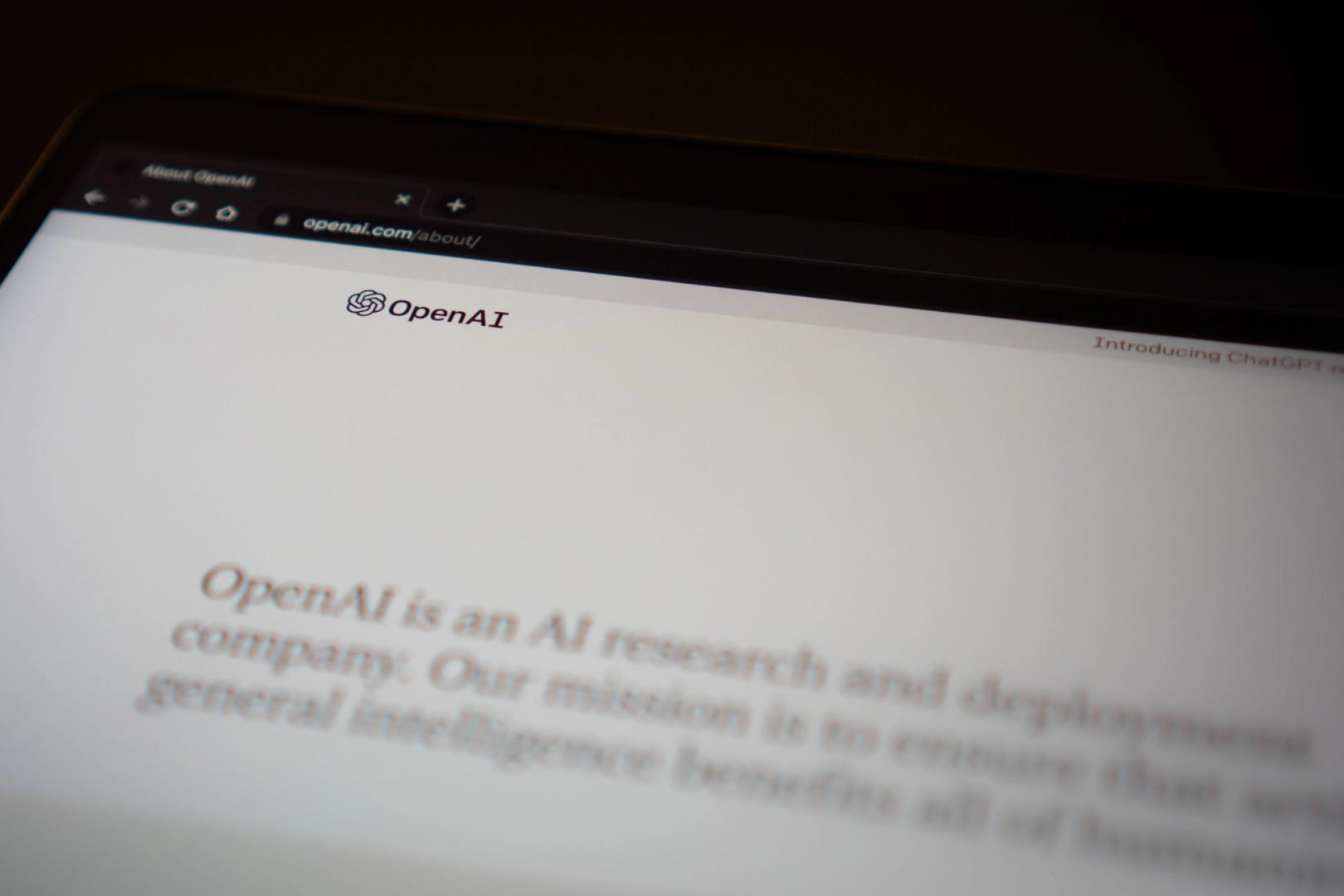
参议员辛西娅·卢米斯(R-WY)提出了2025年负责任创新与安全专业知识法案(RISE法案),这是一个旨在澄清专业人士使用人工智能(AI)时的责任框架的立法提案。
该法案可能会为AI开发者带来透明度——但并不要求模型必须开源。
在一份新闻稿中,卢米斯表示,RISE法案意味着专业人士,如医生、律师、工程师和财务顾问,即使在AI系统提供的信息的情况下,仍然对他们提供的建议承担法律责任。
当时,创建这些系统的AI开发者只有在公开发布模型卡时,才能在出现问题时保护自己免受民事责任。
提议的法案将模型卡定义为详细的技术文档,披露AI系统的训练数据来源、预期使用案例、性能指标、已知限制和潜在故障模式。所有这些旨在帮助专业人士评估该工具是否适合他们的工作。
“怀俄明州重视创新和问责;RISE法案创建了可预测的标准,鼓励更安全的AI开发,同时保留专业自主权,”卢米斯在新闻稿中说。
“这项立法并没有为AI创造全面的免疫权,”卢米斯继续说道。
然而,根据该法案授予的免疫权有明确的界限。该立法不保护开发者在鲁莽、故意不当行为、欺诈、故意虚假陈述或行为超出专业使用定义范围的情况下。
此外,开发者在RISE法案下面临持续问责的义务。AI文档和规范必须在部署新版本或发现重大故障模式后30天内更新,以加强持续透明的义务。
未要求开源
目前RISE法案的写法并未要求AI模型完全开源。
开发者可以保留专有信息,但前提是被编辑的材料与安全无关,并且每个省略都必须附有书面说明,解释商业秘密的豁免。
在与CoinDesk的一次采访中,韩国领先的风险投资基金Hashed的首席执行官西蒙·金谈到了集中式、闭源AI的危险,这种AI实际上是一个黑箱。
“OpenAI并不开放,它由极少数人控制,因此相当危险。制造这种[闭源]基础模型就像是在制造一个‘神’,但我们不知道它是如何工作的,”金当时说道。
免责声明:本文章仅代表作者个人观点,不代表本平台的立场和观点。本文章仅供信息分享,不构成对任何人的任何投资建议。用户与作者之间的任何争议,与本平台无关。如网页中刊载的文章或图片涉及侵权,请提供相关的权利证明和身份证明发送邮件到support@aicoin.com,本平台相关工作人员将会进行核查。




